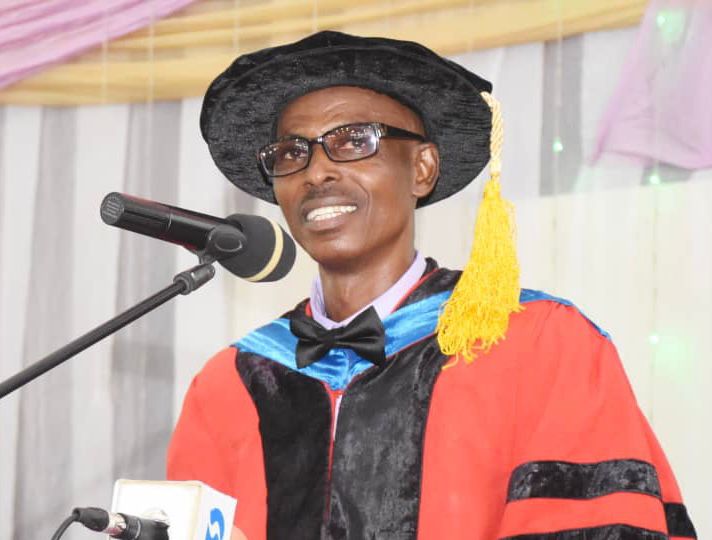A renowned scholar in Educational Management, Prof. Akinrotimi Oyetakin, has raised serious concerns over the widening gap between the rising cost of tertiary education and declining funding from government and stakeholders, describing the situation as a “dangerous financial disequilibrium.”
Delivering the 42nd Inaugural Lecture of Adekunle Ajasin University, Akungba-Akoko, titled “Cost Explosion and Expenditure Implosion of Tertiary Education: Equilibrium Heresies in Motion”, Prof. Oyetakin noted that while Nigeria continues to invest in education, the funding remains grossly inadequate to meet the demands of modern tertiary institutions.
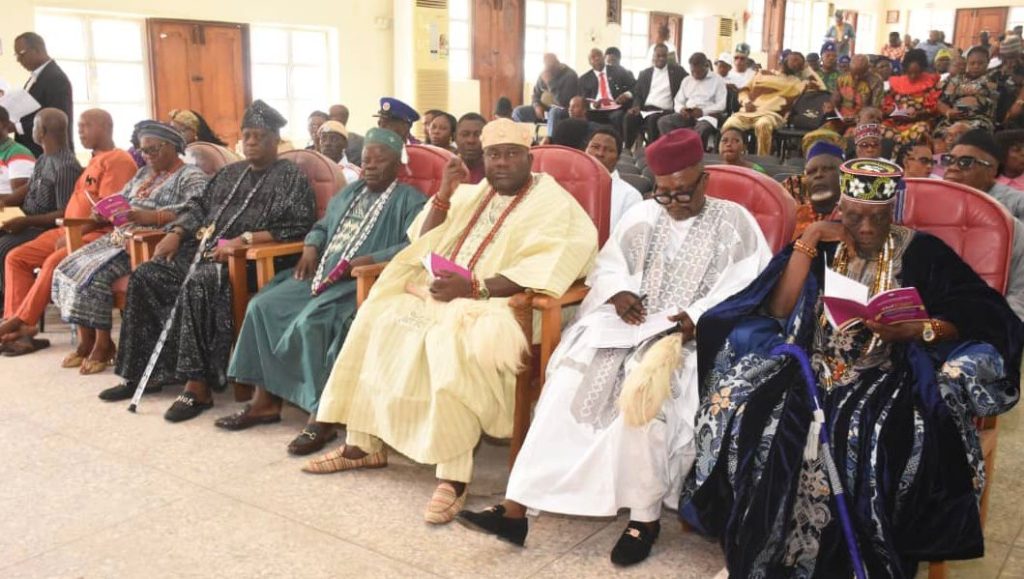
He explained that sustaining quality education requires a collective financial commitment guided by the principles of fiscal justice and the benefiter-pay ideology. “There are no free meals anywhere in the world. Free education, in its real sense, is not free—someone pays for it,” he said.
Prof. Oyetakin described cost explosion as the uncontrollable rise in the financial needs of tertiary education, and expenditure implosion as the stagnation or decline in government allocations—an imbalance he termed “equilibrium heresy” that threatens the sustainability of the system.
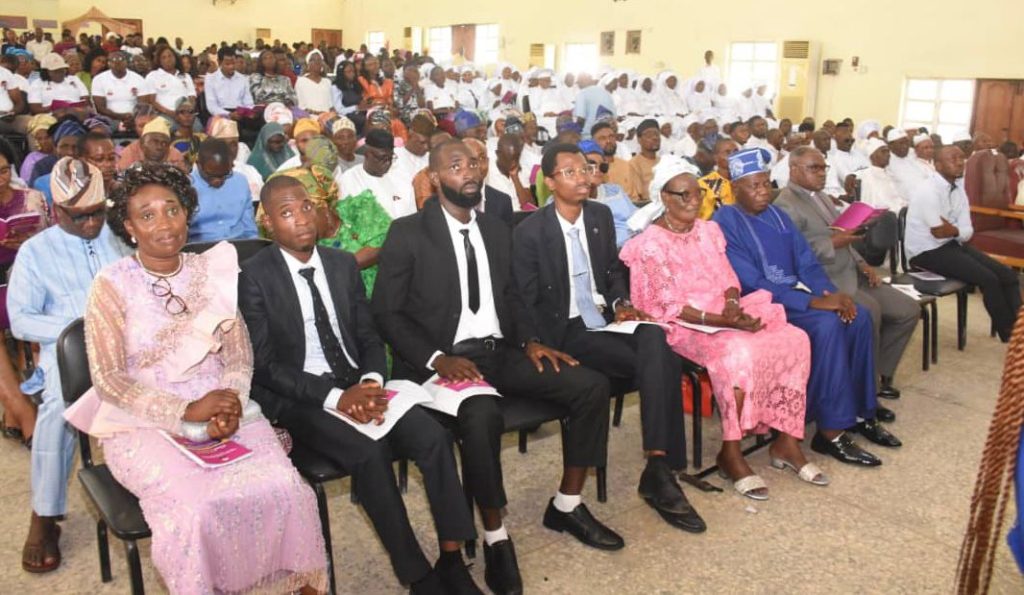
To address the crisis, he proposed a complete recalibration of the education funding structure, including:
Diversifying income streams through consultancy and commercialization of research.
Attracting investment from private companies and development partners.
Encouraging aggressive Internally Generated Revenue (IGR) strategies with attractive profit-sharing models for revenue-generating units.
Establishing the Education Emergency Relief Agency of Nigeria (EERAN) to manage disruptions caused by insecurity or disasters.
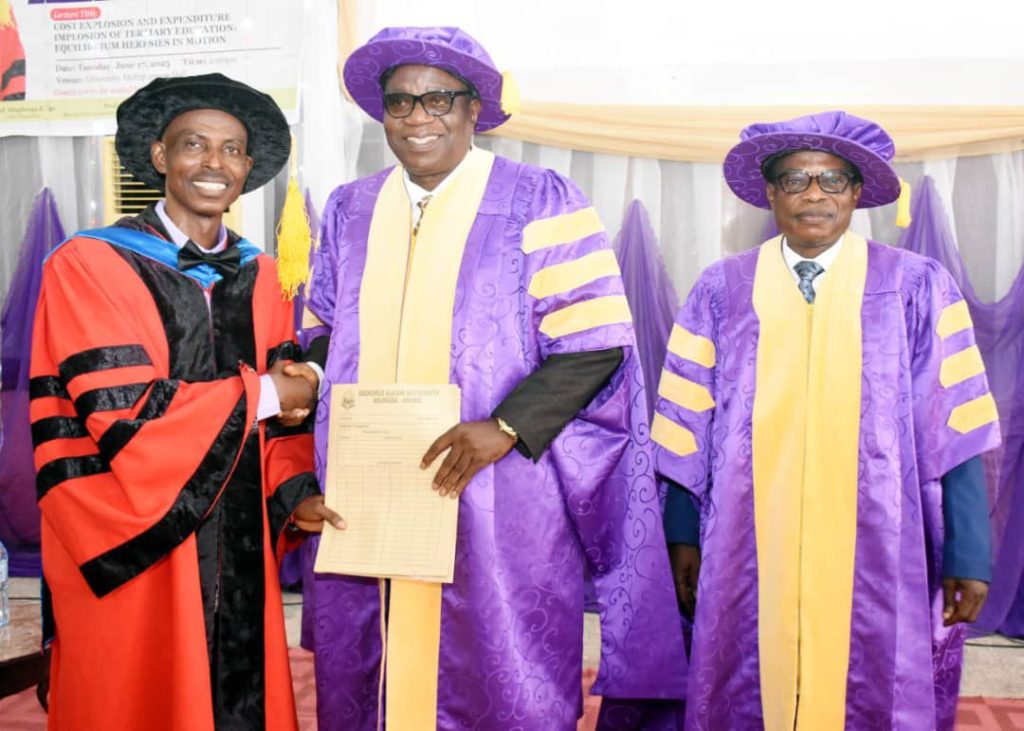
Integrating Artificial Intelligence (AI) into supervision and facility management.
Launching a public-private Adapt-a-School programme for infrastructure support.
Prof. Oyetakin also called for a policy mandating all employed alumni to support infrastructure development in their alma maters, going beyond voluntary gifts to structured contributions.
He decried the proliferation of non-viable academic programmes and institutions with low economic returns, urging their de-accreditation in favor of programmes aligned with institutional strengths and market needs. “We must apply the principle of economies of scale. Courses with low return on investment should be restructured or discarded,” he advised.
He further advocated a shift from excessive reliance on certificates and rigid screening procedures, noting that many developed nations are moving away from the idea that academic qualifications automatically equate to productivity. “Paper qualifications obtained through questionable means don’t guarantee competence,” he cautioned.
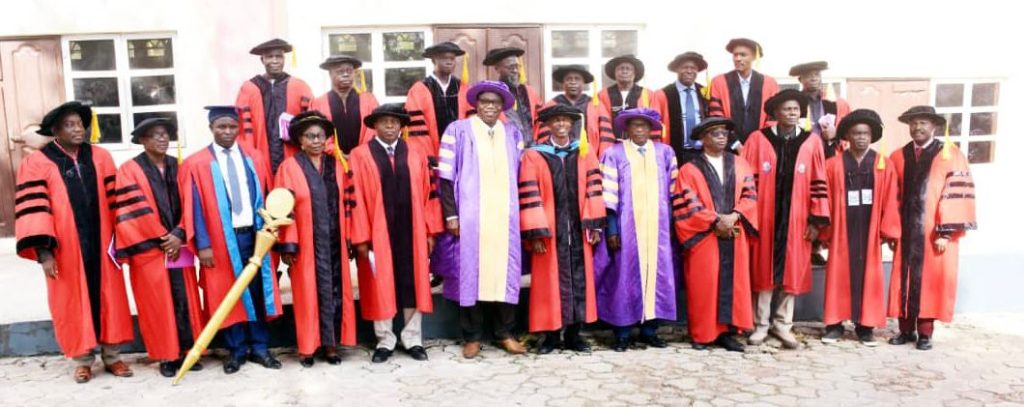
In closing, Prof. Oyetakin emphasized that reviving Nigeria’s tertiary education system requires eliminating entrenched “financial super-parasites” and adopting a holistic, accountable funding model. “A flying bird (cost) versus a flying butterfly (funding) must be critically examined. Until true equilibrium is achieved, quality education will remain elusive,” he warned.
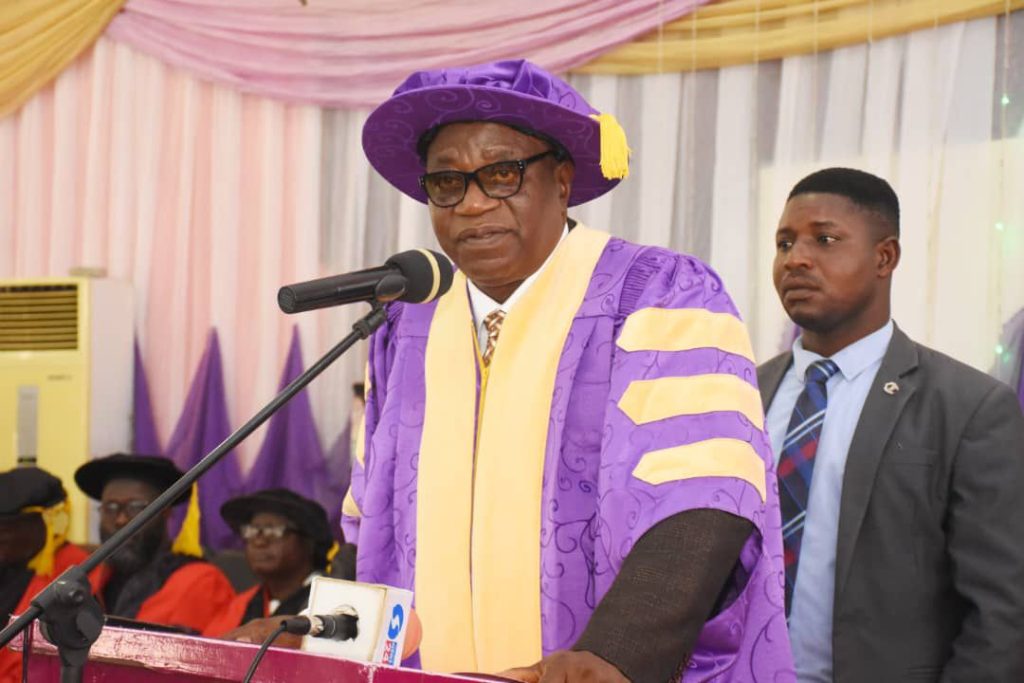
In his opening remarks, the Vice Chancellor and Chairman of the occasion, Prof. Olugbenga Ige, described the lecture as both an academic discourse and a celebration of Prof. Oyetakin’s remarkable contributions to research, teaching, and service in Educational Management.

